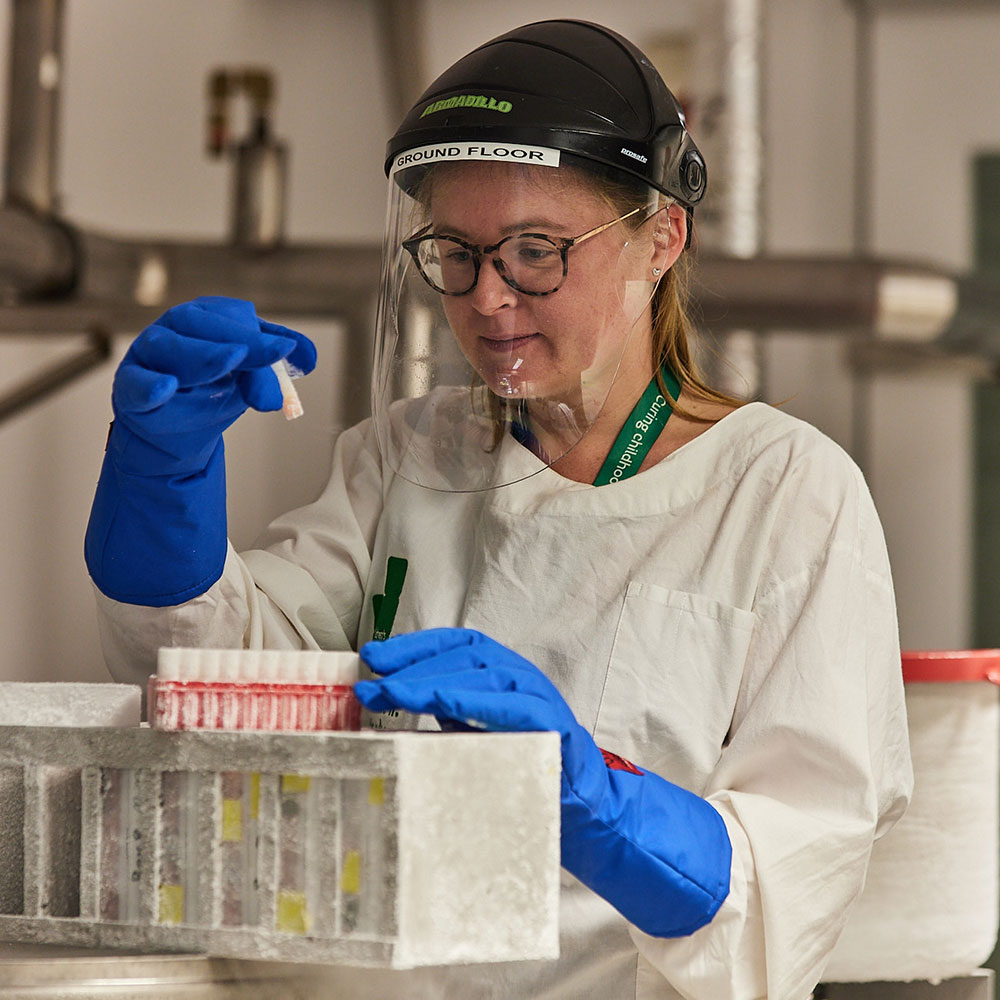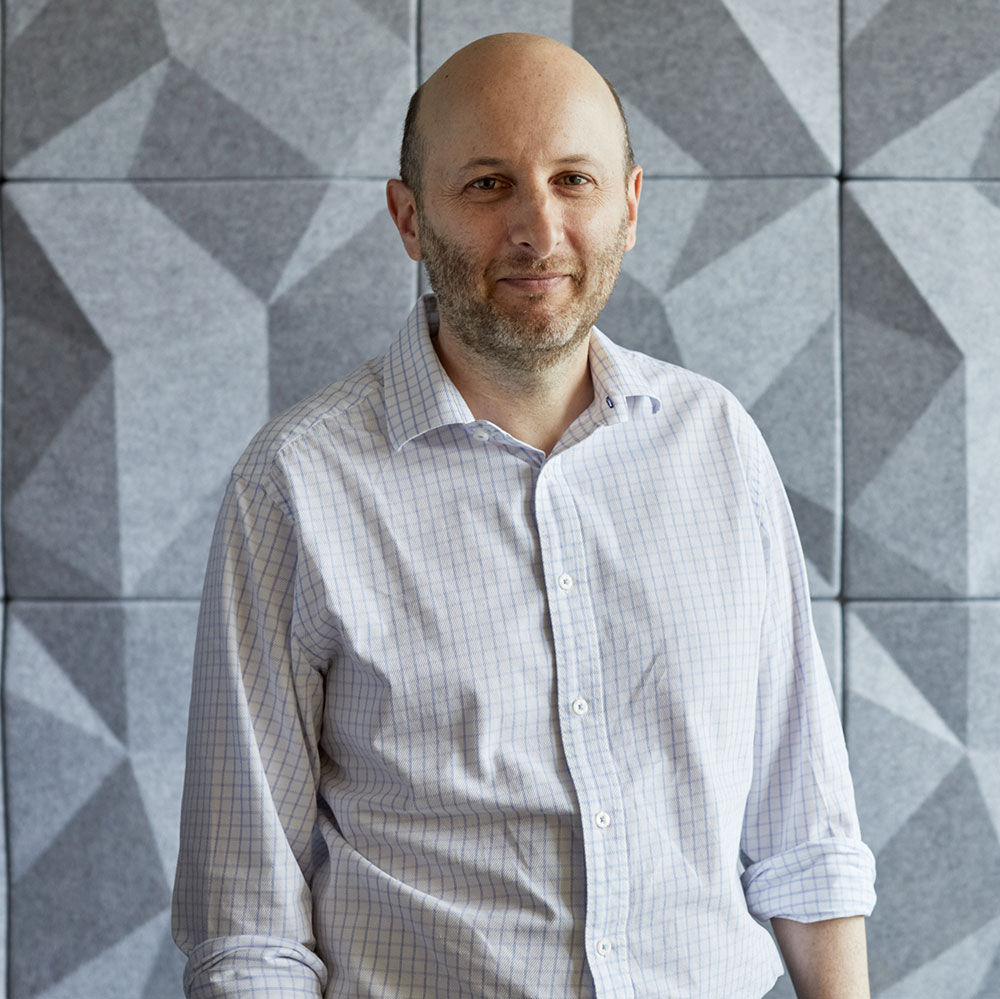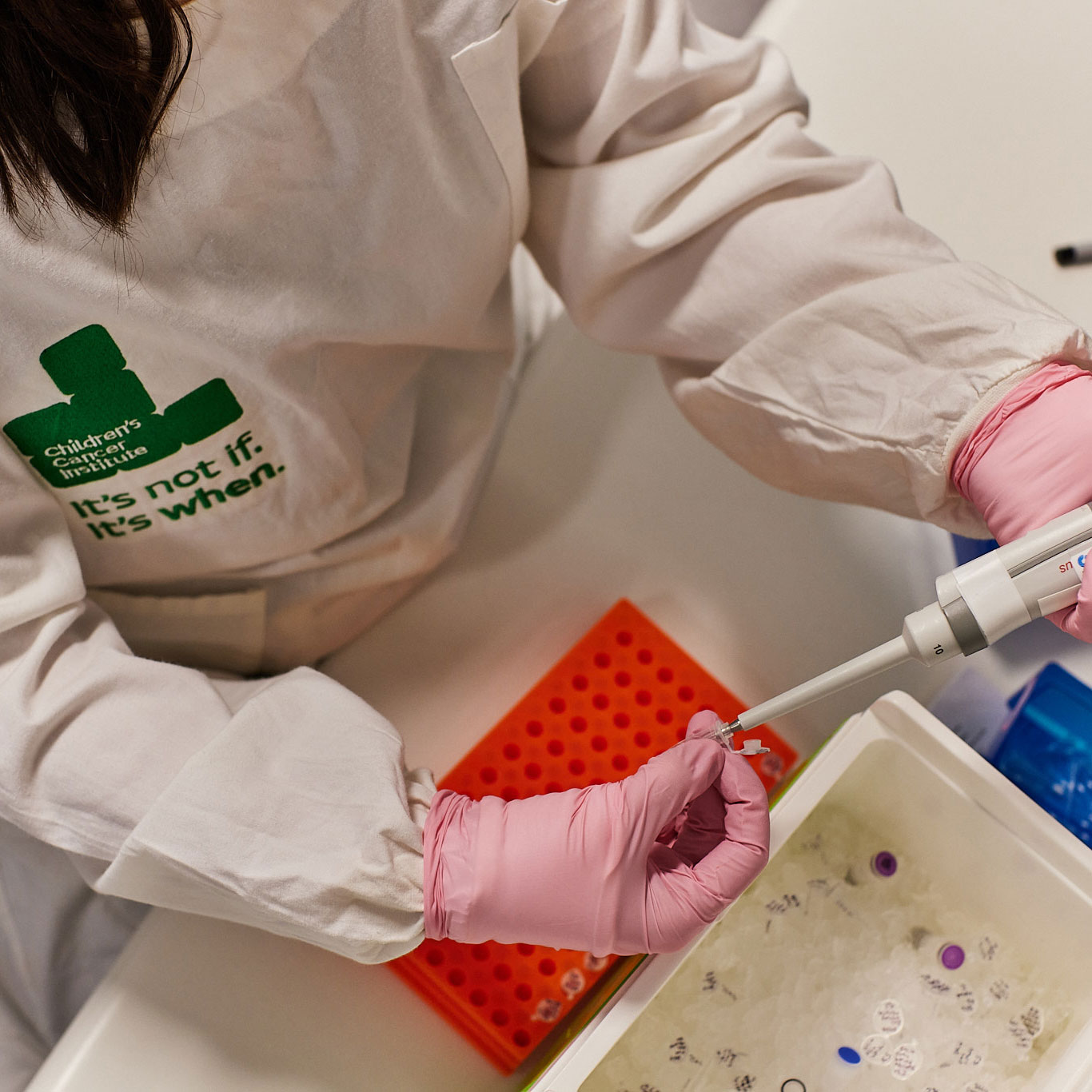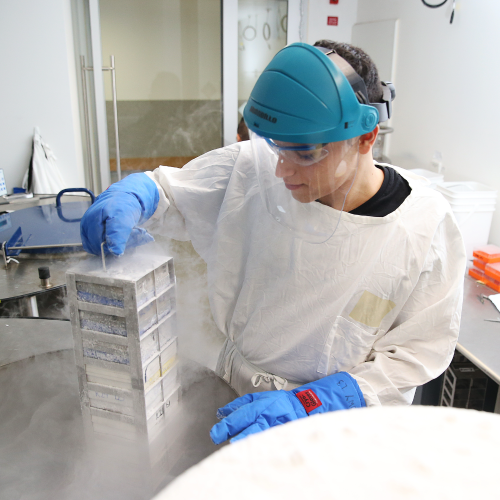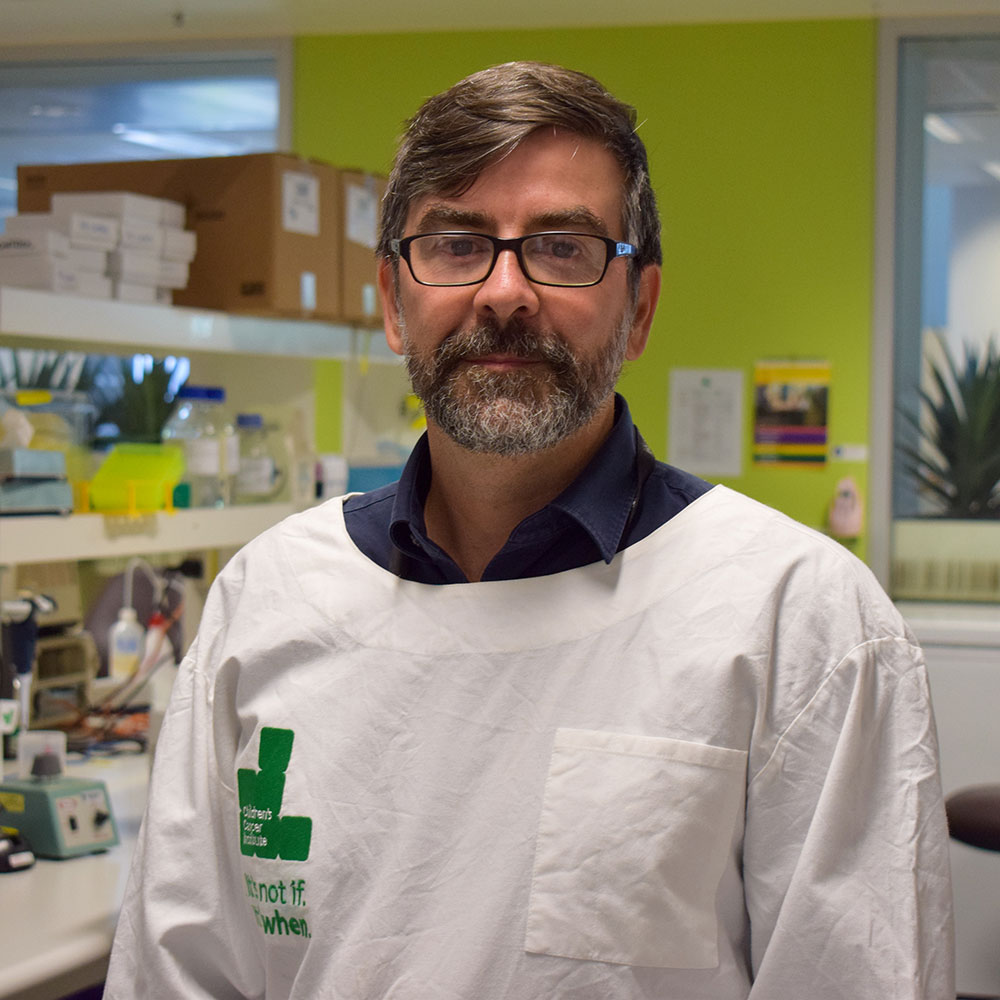This exciting opportunity came about in response to an invitation from the AACR President to present on the success of the Zero Childhood Cancer Program, our pioneering personalised medicine program for children with cancer run in partnership with the Kids Cancer Centre at Sydney Children’s Hospital, Randwick.
What is the AACR?
The American Association of Cancer Research (AACR) is the world’s largest cancer research organisation, with more than 47,000 members from 127 countries and territories. As well as publishing nine peer-reviewed journals, AACR hosts over 30 annual scientific conferences and workshops, and funds both cancer research and the professional development of researchers.
What’s the significance of this event?
The AACR is regarded as the most authoritative resource and voice for cancer research, and its Annual Meeting is the largest single cancer research conference internationally. An estimated 60,000 delegates attended this year’s conference (held as a virtual meeting, due to COVID-19), generating extensive news coverage.
“Being asked to present at the AACR Presidential Select Symposium is a great honour, and something the Institute and the whole Zero Childhood Cancer Program team can be very proud of,” said Professor Haber. “This once-in-a-lifetime invitation is true acknowledgement of the significance of the Program and the impact it’s having on children with cancer.”
What was the presentation about?
Professor Haber presented at a session titled ‘Precision Paediatric Cancer Medicine’, which focused on personalised (precision) medicine for children with cancer. In her presentation she spoke about the Australian experience with the Zero Childhood Cancer Program – one of only six programs worldwide to be included in a review of the top international precision medicine programs, published in the world’s leading cancer journal, Nature Reviews Cancer in 2019.
Why Zero Childhood Cancer?
The Zero Childhood Cancer Program is a wonderful example of bench-to-bedside research and its potential to change lives. Through the Program, a national clinical trial has been running since 2017 for children with high-risk or relapsed cancer, involving close collaboration between scientists and clinicians to develop a personalised treatment plan for each participating child, based on the analysis of their unique cancer. Results so far have exceeded all expectations, and in many cases have turned lives around.
On the basis of these results, the Australian Government and the Minderoo Foundation last month announced a $67 million funding collaboration to expand the Program to make it available to every child in Australia with cancer by the end of 2023. This is a huge step towards our ultimate aim, which is to see personalised medicine become the new standard model of care for children with cancer. The funding will also allow us to study the genomes of each participating child to learn more about the causes of childhood cancer and how it might be prevented.
Learn more at the Zero Childhood Cancer website.



